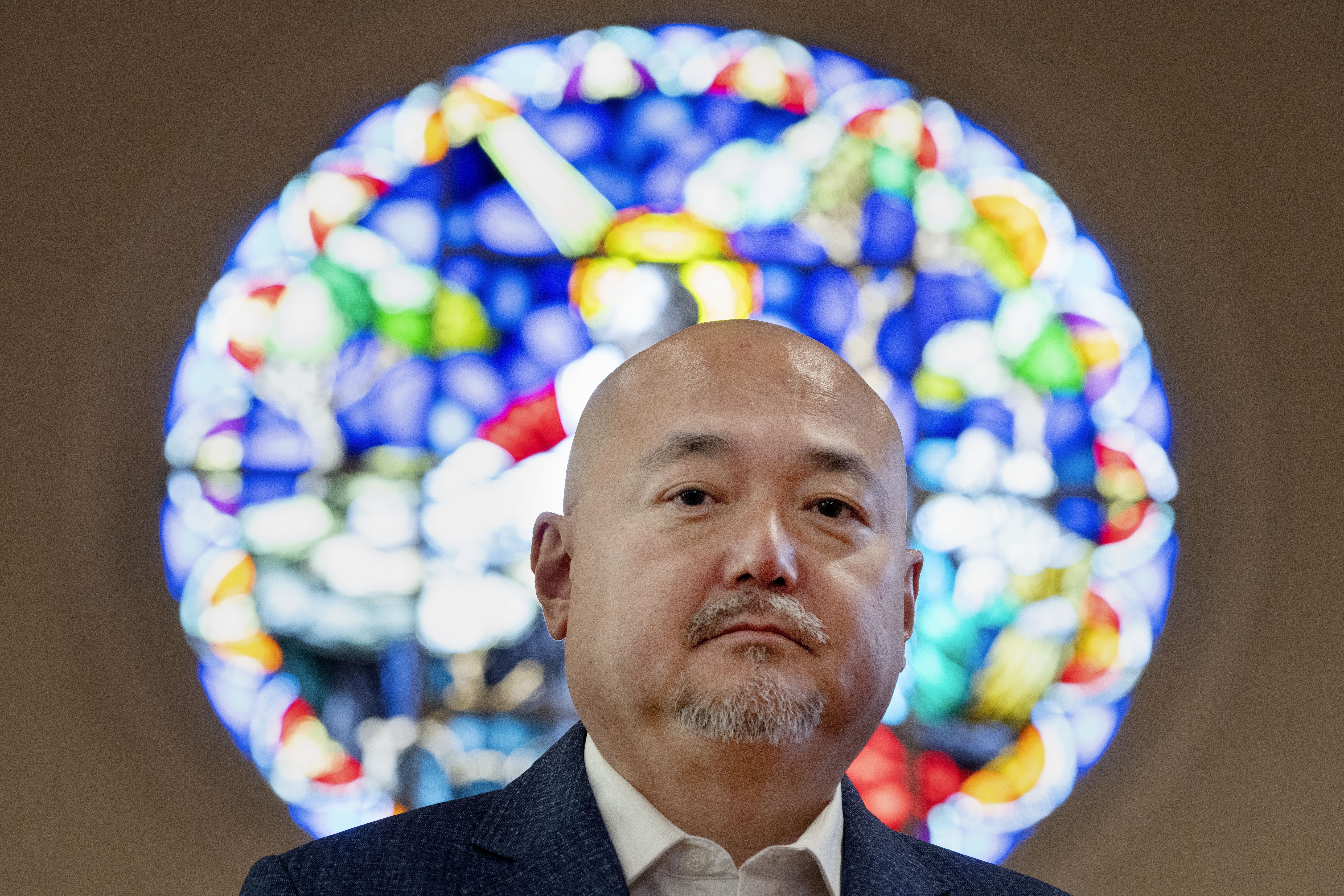WASHINGTON (AP) — When the Rev. Lee Scott publicly endorsed Kamala Harris for president during the Evangelicals for Harris Zoom call on Aug. 14, the Presbyterian pastor and farmer said he was taking a risk.
“The easy thing for us to do this year would be to keep our heads down, go to the ballot box, keep our vote secret and go about our business,” Scott told the group, which garnered roughly 3,200 viewers according to organizers. “But at this time, I just can’t do that.”
Scott lives in Butler, Pennsylvania, the same town where a would-be assassin shot former President Donald Trump in July. Scott told The Associated Press that the attack and its impact on his community pushed him to speak out against Trump and the “vitriol” and “acceptable violence” he normalized in politics.
Trump has maintained strong support among white evangelical voters. According to AP VoteCast, a sweeping survey of the electorate, about 8 in 10 white evangelical voters cast a ballot for him in 2020. But a small and diverse coalition of evangelicals is looking to pull their fellow believers away from the former president’s fold, offering not only an alternate candidate to support but an alternate vision for their faith altogether.
“I am tired of watching meanness, bigotry and recreational cruelty be the worldly witness of our faith,” Scott said on the call. “I want transformation, and transformation is risky business.”
Exploiting cracks in Trump’s evangelical base
Trump has heavily courted white conservative evangelicals since his arrival on the political scene almost a decade ago. Now he is selling Trump-themed Bibles, touting the overturning of Roe v. Wade and imploring Christians to get out the vote for him.
But some evangelicals have used perceived cracks in his political fidelity to further distance themselves from the former president, especially as Trump and his surrogates have waffled over whether he…
Read the full article here



